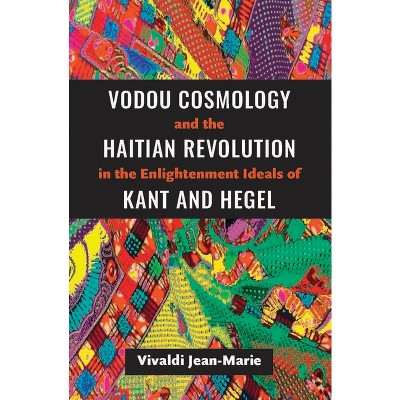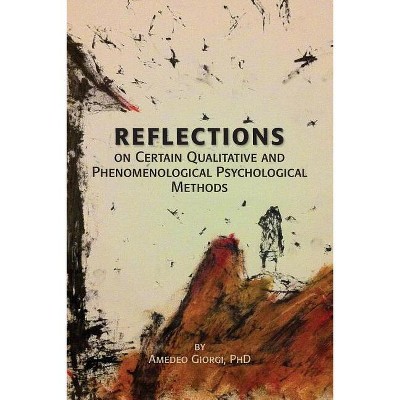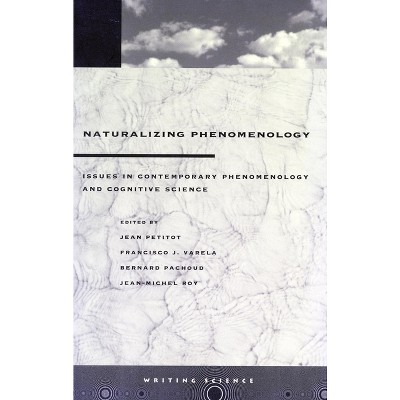About this item
Highlights
- This book elaborates Jean Améry's critique of philosophy and his discussion of some central philosophical themes in At the Mind's Limits and his other writings.
- About the Author: Vivaldi Jean-Marie is a Professor of Philosophy at the City University of New York.
- 147 Pages
- Philosophy, Movements
Description
Book Synopsis
This book elaborates Jean Améry's critique of philosophy and his discussion of some central philosophical themes in At the Mind's Limits and his other writings. It shows how Améry elaborates the shortcomings and unfitness of philosophical theories to account for torture, the experience of homelessness, and other indignities, and their inability to assist with overcoming resentment. It thus teases out the philosophical import of Jean Améry's critique of philosophy, which constitutes his own philosophical testament of being an inmate at Auschwitz. This book situates At the Mind's Limits in the context of twentieth-century Continental philosophy. On the one hand, it elaborates Améry's engagement with key philosophical figures. On the other hand, it shows how thoroughly Améry denounces the limits of the philosophical enterprise, and its impotence in capturing and accounting for the crimes of the Third Reich.
From the Back Cover
This book elaborates Jean Améry's critique of philosophy and his discussion of some central philosophical themes in At the Mind's Limits and his other writings. It shows how Améry elaborates the shortcomings and unfitness of philosophical theories to account for torture, the experience of homelessness, and other indignities, and their inability to assist with overcoming resentment. It thus teases out the philosophical import of Jean Améry's critique of philosophy, which constitutes his own philosophical testament of being an inmate at Auschwitz. This book situates At the Mind's Limits in the context of twentieth-century Continental philosophy. On the one hand, it elaborates Améry's engagement with key philosophical figures. On the other hand, it shows how thoroughly Améry denounces the limits of the philosophical enterprise, and its impotence in capturing and accounting for the crimes of the Third Reich.
About the Author
Vivaldi Jean-Marie is a Professor of Philosophy at the City University of New York. He also holds an ongoing appointment as an adjunct Professor of Philosophy and African-American Studies at the IRAAS at Columbia University. He is the author of Fanon: Collective Ethics and Humanism (2007), Kierkegaard: History and Eternal Happiness (2008), and Voodoo Cosmology and the Haitian Revolution in the Enlightenment Ideals of Kant and Hegel (2018). He has published articles in the following peer-reviewed journals: Gnosis, The Western Journal of Black Studies, Souls, and The CLR James Journal. He was Scholar-in-Residence at Hertford College, Oxford University during the Summer 2015.
Shipping details
Return details
Trending Poetry






Discover more options






